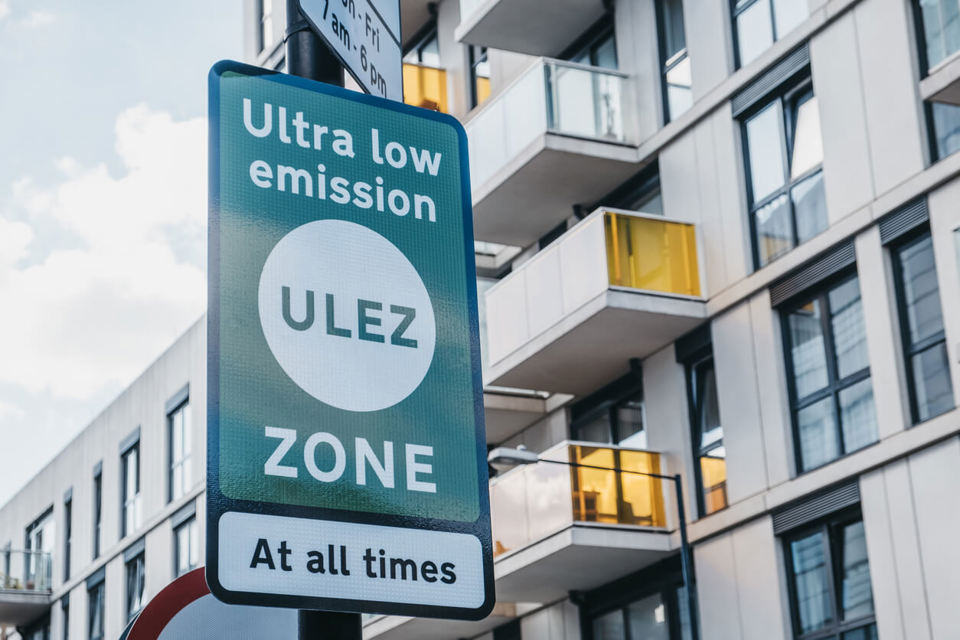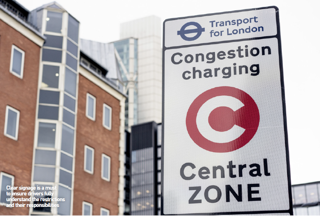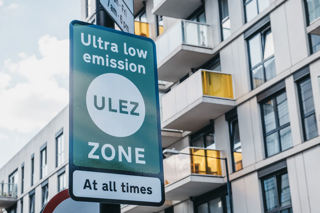Around two-thirds (65%) of Londoners have changed the way they travel after the introduction of the ultra-low emission zone (ULEZ), a survey by Bikesure has found.
This figure includes both those people who changed vehicles after the ULEZ came into operation on April 8 last year and those who use a different mode of transport.
Drivers who use vehicles which do not meet set emissions standards (Euro 4 for petrol engines, Euro 6 for diesel engines) in the ULEZ must pay a daily charge of £12.50 or risk a fine of £160.
The motorbike insurer interviewed 2,000 people as part of its ULEZ Survey 2020 report, and found car drivers were the least likely to have changed their mode of transport.
According to the research, 65% of car drivers changed their mode of transport once the ULEZ was introduced. This compares to 81% of van drivers, 81% of motorcyclists and 87% of scooter drivers.
Of those who changed their usual mode of transport, 64% now use public transport, 44% walk, 23% now use a low-emission car, 20% use a low-emission motorcycle or scooter/moped, and 15% use a bicycle.
As part of the research, commuters were given a multiple-choice question asking how the ULEZ has changed them.
The survey found:
- 31% of respondents said the ULE doesn’t affect them
- 26% can’t afford to drive/ride in the ULEZ anymore
- 24% drive/ride in the ULEZ less than they used to.























Login to comment
Comments
No comments have been made yet.